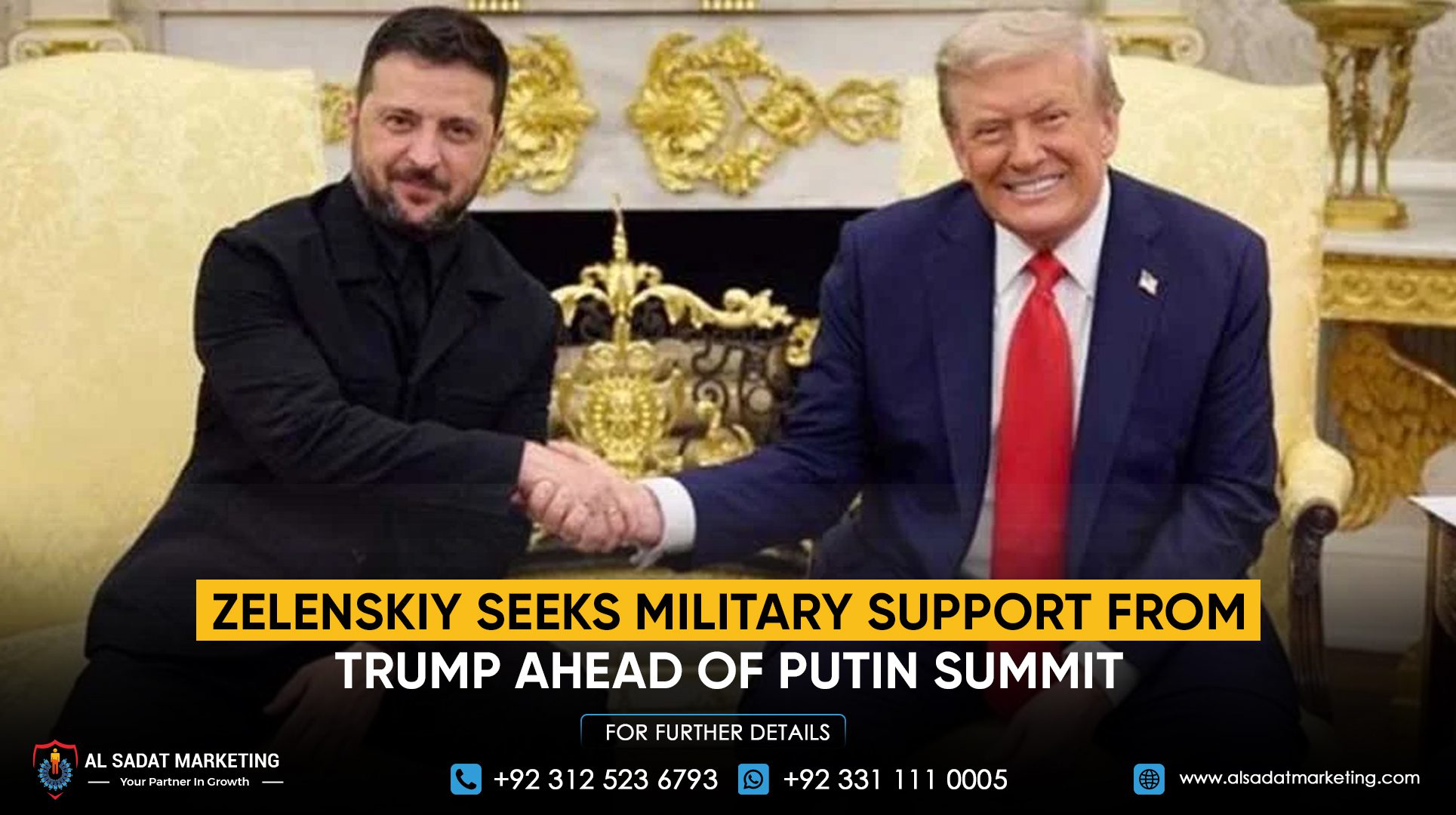US President Donald Trump hosted Ukrainian President Volodymyr Zelenskiy at the White House on Friday for a closed-door lunch meeting, where Zelenskiy was expected to request long-range Tomahawk missiles to strengthen Ukraine’s defense. However, Trump’s unexpected announcement of a meeting with Russian President Vladimir Putin in Budapest has raised new questions about the future of US support for Ukraine.
The meeting between Trump and Zelenskiy was deliberately kept low profile, taking place in a cabinet meeting room instead of the Oval Office. A day earlier, Trump revealed that he had held a more than two-hour phone conversation with Putin about Russia’s ongoing war in Ukraine. Following that call, Trump described the discussion as “productive” and announced plans for an upcoming summit with Putin.
The Kremlin responded cautiously, suggesting that more discussions were needed before confirming the timing of the summit, which might happen later than Trump’s proposed two-week window.
Trump, known for his focus on deal-making, said, “My whole life, I’ve made deals. I think we’re going to have this one done, hopefully soon.” His remarks signaled optimism for negotiations but also stirred concern in Europe that the US could strike an agreement that favors Moscow. The European Union said it welcomed any talks that could lead to peace but emphasized the importance of protecting Ukraine’s sovereignty.
As the war continues, the situation in Ukraine remains intense. Russian forces have made limited territorial gains in 2025, capturing about 5,000 square kilometers, roughly 1% of Ukraine’s territory, according to Russian President Vladimir Putin. However, Ukraine’s top military commander, Oleksandr Syrskyi, said Russia’s offensive has failed to achieve major success.
Both countries have stepped up attacks on each other’s energy infrastructure, with Russian drones and aircraft occasionally violating NATO airspace, increasing tensions in the region.
Before his meeting with Trump, Zelenskiy expressed skepticism about Moscow’s renewed interest in dialogue. “We can already see that Moscow is rushing to resume talks as soon as it hears about Tomahawks,” he wrote on X, suggesting Russia’s diplomatic outreach was aimed at delaying Ukraine’s access to new weapons.
Despite calls from Kyiv for more advanced arms, Trump’s tone after speaking with Putin appeared conciliatory, hinting that the missile deal for Ukraine might not be finalized soon. “We need them, too,” Trump said when asked about the Tomahawk missiles.
Many Ukrainians are doubtful about the outcome of Zelenskiy’s visit. “We have already gone through this and have not seen any real results,” said Olena Puchilo, a 54-year-old social worker from Mykolaiv. Still, she added, “there is always room for miracles.”
As the diplomatic maneuvers continue, Ukraine’s future military support from the US hangs in the balance, shaped by Trump’s evolving relationship with both Zelenskiy and Putin.










